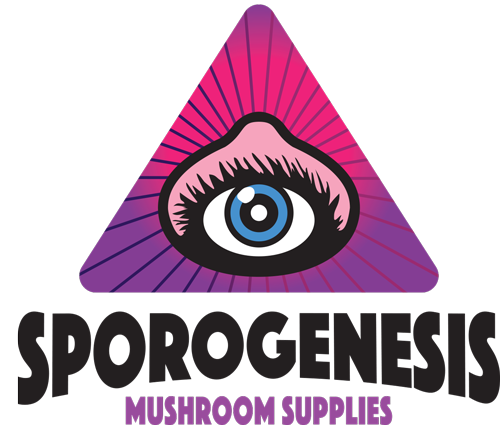
The Importance of Mushrooms: The Unsung Heroes of Our Ecosystems
Share
Mushrooms are often overlooked and underappreciated, but they play a crucial role in maintaining the delicate balance of ecosystems. They are decomposers, breaking down dead plant and animal material and returning vital nutrients to the soil. They form symbiotic relationships with plants through mycorrhizal relationships, helping plants to absorb nutrients and water, while the plants provide the mushrooms with sugars. They also have the ability to act as bio-remediators, breaking down and removing pollutants from soil and water, making them vital tools in cleaning up contaminated areas. And, they have medicinal properties and are an important food source.
One of the most important functions of mushrooms is their role in the decomposition process. Without mushrooms, the buildup of organic matter would disrupt the balance of ecosystems and inhibit the growth of other plants and animals. The mycelium of mushrooms is able to break down complex molecules in dead plant and animal material and convert them into simpler compounds that can be used by other organisms. This process is essential for the cycling of nutrients in ecosystems and maintaining soil health.
Mushrooms also form symbiotic relationships with plants through mycorrhizal relationships. The mycelium of mushrooms surrounds the roots of plants and help them to absorb nutrients and water, while the plants provide the mushrooms with sugars. This mutualistic relationship is essential for the survival of many plant species, particularly in nutrient-poor soils. Mycorrhizal relationships also help plants to better tolerate environmental stress and protect against pathogens. This symbiotic relationship helps to support the entire ecosystem by promoting plant growth and biodiversity.
Another important function of mushrooms is their ability to act as bio-remediators. Certain species of mushrooms, like Agaricus bisporus, Pleurotus ostreatus, and Pleurotus eryngii, can break down and remove pollutants from soil and water, including heavy metals and pollutants like oil and pesticides. This makes them vital tools in cleaning up contaminated areas and restoring ecosystems.
Mushrooms also have medicinal properties. Many species of mushrooms, such as Agaricus blazei, Ganoderma lucidum, and Coriolus versicolor, have been used for centuries in traditional medicine to treat a wide range of ailments. Modern research has also shown that mushrooms, particularly their polysaccharides, can have immunomodulatory and anti-cancer effects. These compounds have been shown to have anti-inflammatory and antioxidant properties, helping to support the immune system and protect against disease.
Finally, mushrooms are also an important food source for many species of animals and insects. They provide a valuable source of nutrition and energy for animals in the ecosystem. Many edible mushrooms like Agaricus bisporus, Pleurotus ostreatus, and Pleurotus eryngii, are grown for human consumption, and are a healthy and nutritious food option.
In conclusion, mushrooms play a vital role in maintaining the balance of ecosystems. They decompose organic matter, form symbiotic relationships with plants, act as bio-remediators, have medicinal properties and are an important food source. They may not always be at the forefront of our minds, but they are a reminder of the interconnectedness of all living things and the importance of preserving and understanding the natural world. Without them, our planet would not be able to sustain life as we know it.
